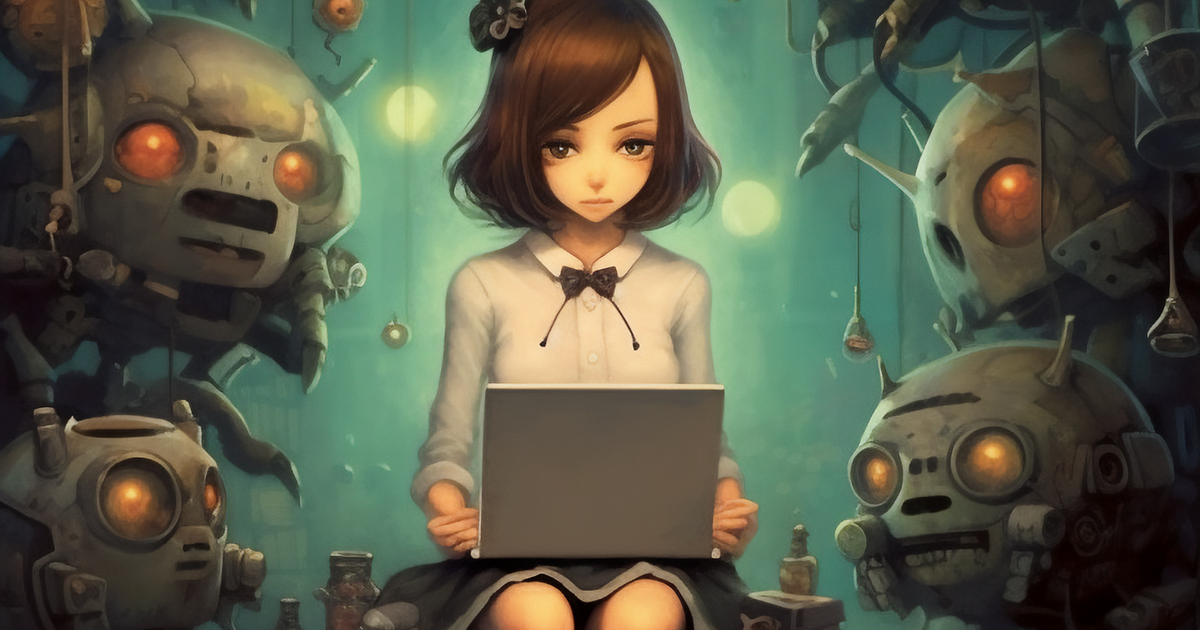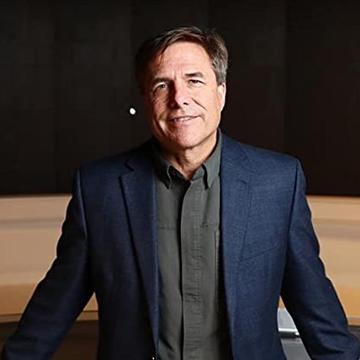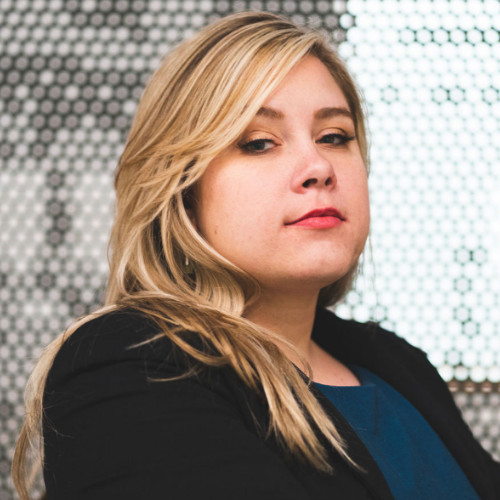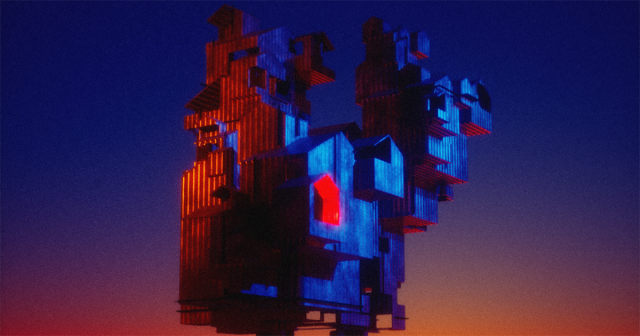
TL;DR
- AI is well on its way to transforming the creator economy. Influencers and brands will experiment with the technology, or avoid it to their peril. Exactly how is still up for debate.
- Some things are already clear: Repetitive tasks can and will be automated. Algorithms will be refined by ML.
- Concurrently, regulatory reforms in the EU are coming home to roost, further complicating things for creators and brands looking to leverage AI.
Since DALL-E, Midjourney and ChatGPT’s 2022 debuts, experts and laypeople alike have pondered how AI will transform and disrupt industries. “Inside the Creator Economy” editor Jim Louderback predicts AI will generate more opportunities in the creator economy than jobs it make obsolete.
“I really see the potential for top creators, the ones who are famous, to use AI to allow them to do more, be more creative, become superheroes. And for these mid-level and micro emerging creators, it’ll allow them to level up enough that they can build a career out of it,” Louderback told Venture Beat’s Dean Takahashi.
But not all the AI benefits will be on the creator side; brands stand to benefit, too. For example, Louderback thinks AI can be leveraged to quickly vet potential influencers for “brand suitability” and even analyze submitted video content to check if it’s a good fit. This will especially be a boon for smaller creators.

AI is already enabling some innovative monetization by adding in product placement in post, among other use cases. “We are seeing new ways for advertising to be unobtrusive and get in there and make money for creators,” Louderback says.
But will VTubers kill the TikTok star? Louderback thinks that’s unlikely. However, he says, “We’re going to continue to see experiments on the AI creators and influencers.”
He compares fully simulated influencers to puppets, saying, “Puppets are great, and they can give you the illusion of a connection, which is fine. That can even enable a creator to replicate themselves and interact with a lot of people in Cameos or on Only Fans and have a relationship with them.”
But, Louderback says, “I don’t think you’re going to be taking work away from creators. I think what you’ll be doing is you’re going to be providing new places for creators to be able to make more money and duplicate themselves and extend what they can do with less people.”
There will be a time and a place for AI-generated influencers, however. He predicts these “virtual creators” will be like the Duolingo Mascot, “it’s an extension of something that you already see versus something that is brand new and is going to take over and put creators out of business.”
Louderback also agrees that AI will “create a big improvement in productivity in general.” That productivity spike should bolster the economy and help to offset the effects of AI-driven job displacement, he thinks.
Alternatively, Louderback wonders if we’re nearing a point of instituting a universal basic income (for creators, at least) that would keep the content flowing and keep the human creaives solvent.
“That sounds kind of like rosy, like unicorns and rainbows, but who knows?” Louderback says.
READ MORE: How the creator economy is evolving with AI (Venture Beat)
Louderback is far from alone in his assessment. Adrian Pennington writes, “[T]he industry is betting on AI not to replace creators, but to increase productivity and bring more opportunities for people to make content.”
A recent creator survey from Business Insider found that about half of creators are eager to use AI at work. Another survey revealed ChatGPT as the most popular AI tool for creators, with almost 9 out of ten respondents saying they use it, followed by 31% who said they use Midjourney. Respondents commonly said that they use AI to speed up content creation.
READ MORE: AI Comes to the Creator Economy (NAB Amplify)
Differentiation remains a concern, however.
In 2024, creatives “can have an edge over AI-generated content by developing our unique view of the world, but we shouldn’t shun AI as a tool to support us in bringing ideas to life,” author and Zealous CEO Guy Armitage tells Forbes.
In the same article, Streamable Product Director Geoffrey Johnston points out that “AI enables augmentation — not just automation. Automation is a big benefit of AI, but only if the quality is there.”
READ MORE: How Creators Can Use AI To Be More Efficient And Still Be Creative (Forbes)
What Marketers Should Know
Along with AI’s productivity increases come changes in expectations and ways of working.
Deloitte Consulting’s Dennis Ortiz, Gregory Spillman and Mohamad Said offer four strategies for marketers (and those working with them) to adopt.
The Deloitte trio caution that AI’s accelerated content creation will likely put increased stress on creators. They also suggest that marketing teams may need to collaborate more closely with technology and/or product teams working on generative AI content. Additionally, companies need to consider how AI will change ways of working, and adapt organizationally. Finally, pay attention to how personalized content changes consumer behavior.
READ MORE: How Will Generative AI Reshape the Creator Economy? (WSJ)
Policy Changes and Other Challenges
Also worth considering: The European Union’s Digital Services Act comes into play, as of this month, requiring social media companies to offer a way to opt out of AI-curated feeds.
“While the act is currently only applicable to EU member countries, creators everywhere should consider the effects as global tech companies may choose to follow the GDPR rollout of applying these changes to every market in an effort to streamline compliance efforts,” Zen Media CEO Shama Hyder writes for Fast Company.
Eventually, “fewer users will be able to stumble upon content as easily as they do now, which could potentially reduce exposure and audience size.”


